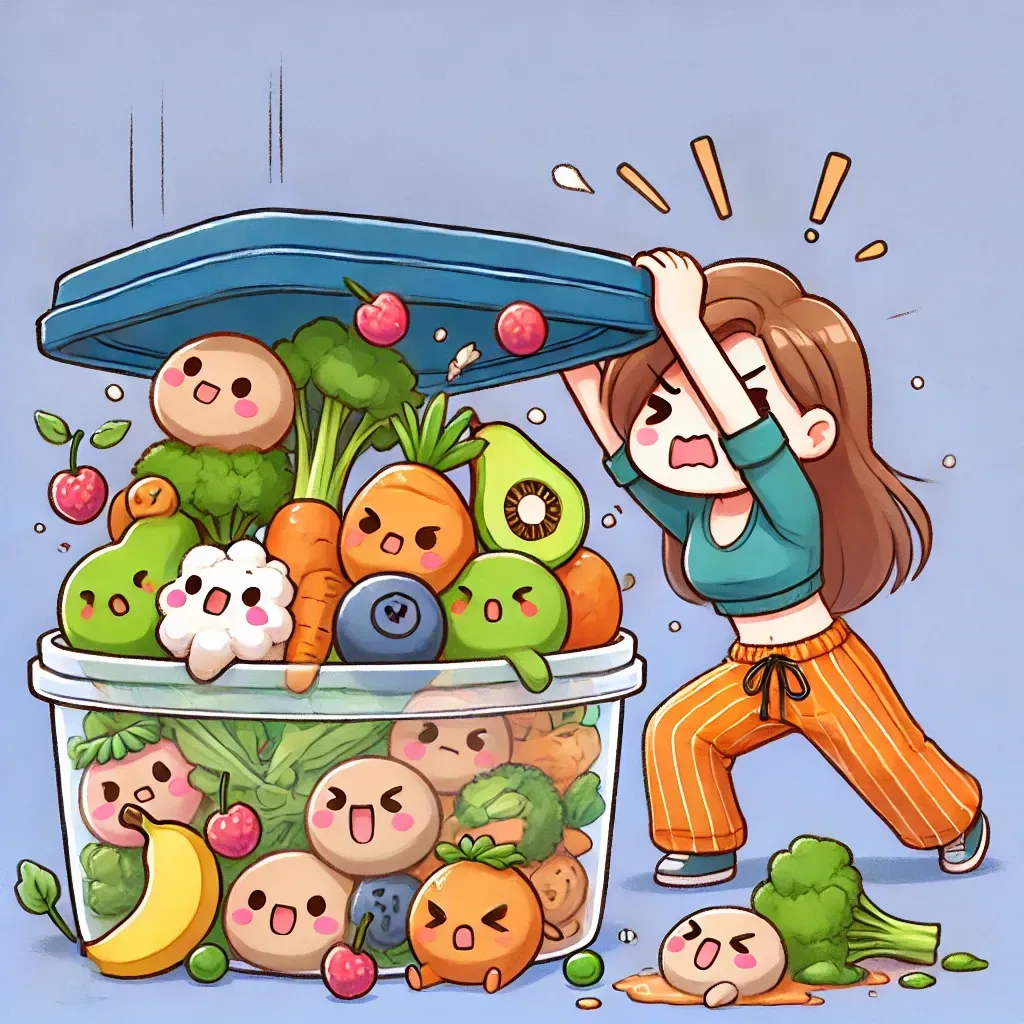6 Ways to Reset Adrenal Gland Functioning
Discover 6 Ways to Reset Your Adrenal System
#1 SLEEP
The best first step for supporting your adrenal system is to focus on your sleep. Getting and maintaining enough sleep is imperative to allowing your adrenal system to re-set. Adequate sleep is important, but so is the quality. You should plan to fall asleep at the same time each night, ideally around or before 10pm.

The body produces melatonin which is a hormone that helps us regulate our sleep cycles. Melatonin levels peak a few hours after sundown which aids the body in slowing down for sleep. The adrenal glands produce a hormone called cortisol and the body will release a surge of cortisol around 11pm. People who are awake when this happens often have a hard time falling asleep. These cycles of cortisol release work with your natural circadian rhythm, so trying to force your body out of that only causes problems to the sleep cycle. This is often why people say they get a "second wind" late at night. Try to establish a first step towards adrenal health by committing to an earlier bedtime that will allow you to fall asleep by 10pm, if your schedule permits.
#2 EXPRESS YOUR EMOTIONS
Let’s talk about emotions. In today’s busy society we often find that it is more socially acceptable to swallow or ignore our feelings rather than giving voice to them. But keeping feelings pent up inside causes cortisol levels in your body to spike, and remain elevated.

Having high levels of cortisol means that your adrenal glands don’t get a chance to rest, and instead, they continue to produce and release cortisol in response to your emotions, which wreaks havoc on your body and energy levels! The good news is that there are ways to release those emotions and stress in a healthy way so you can give your adrenal system some much needed rest. There are many ways to do this including formal clinical talk therapy to simple ways like adding laughter to your life! Read or watch something funny. Get together with good friends (who are funny!). Other ways to express emotions in a healthy way is through meditation, journaling, or seeking out a trusted friend or certified therapist who is trained in stress management.
#3 FOCUS ON NUTRITION
Giving your body the proper nutrients is one of the most important steps you can take in supporting and re-setting your adrenal system. When your body has proper nutrients all body systems can function more efficiently and properly. (And no, one healthy meal isn't enough.) The best nutrition plan balances healthy carbohydrates, quality proteins, quality fats and a daily dose of quality vitamins and minerals.

Here are a couple of tips to keep in mind as you create a nutritional plan that encourages adrenal health: Vitamin C, B5, and B6 and the mineral magnesium are essential to maintaining adrenal health. I see many clients who are recommended supplements since it's hard to get adequate amounts of these nutrients through food alone. Substitute coconut, avocado, and olive oils for vegetable or canola oils when cooking. These oils are toxic, but coconut, avocado and olive oils are high in omega-3’s, which are fantastic for your overall health. Lean animal sources, such as fish and eggs, are nutrient-dense choices for your protein. Leafy greens and colorful vegetables should be a daily staple, making up approximately 50% of each meal. Cutting sugar out completely is also essential to helping the adrenal system heal.
#4 TAKE TIME FOR YOURSELF
Our busy schedules and lives don't remind us to carve time out for ourselves, but this is important to your overall health. Even our vacations are filled up with activities. If you’re serious about supporting optimal adrenal health, you can’t afford to maintain a go-go-go mentality every day.

You need to start practicing self-care. This may include sleeping and resting, but it also includes activities that bring you life and energy to your body and heart. You can incorporate this in small ways. For example, if you enjoy outside, take your lunch break outside or by a window so you can sit in nature. If you enjoy reading or meditating, set time aside to do those hobbies when you won't be distracted. Self-care is different for each person, so take some time to write down the activities or hobbies that you feel most alive when you are doing them. Maybe it's creating art or playing a sport or cooking or even working with your hands. If you can work it into your budget, consider splurging for a massage every once in a while, or treat yourself to a nap, a warm bath, or another self-indulgent treat. Making yourself a priority in your own daily life is essential to fostering overall health, especially if you’re trying to fight back against stress hormones.
#5 HYDRATE
Dehydration puts a lot of stress on the body. When the body is dehydrated it knows to conserve water and can easily switch to "survival mode" which triggers the adrenal system to produce cortisol as a response to that stress. Moreover, dehydration can lead to mineral depletion which can place an additional stress
on the adrenal glands.

Drinking when you're thirsty is the standard advice, however, if you wait until you are thirsty, you’re already dehydrated; thirst is a late sign of dehydration. A healthy body can require up to two quarts of water a day to function well, but when a body is dehydrated, it will require more. Your climate, the season, and your activity all play a role in how much water your body needs. A standard rule with half your weight (in pounds) in ounces. Although you may like other beverages, I must rain on your parade and tell you that plain water is the only thing that will truly hydrate. I have clients drink plain, pure water as their primary beverage. If you like morning coffee, don't count it towards your water consumption for the day. Water quality is also very important. Make sure to get the best filter you can afford and if you use reverse osmosis water, add back minerals. If plain water is too difficult for you to drink, try adding fresh fruit, vegetables, or herbs to it like lemons, oranges, cucumbers, or mint. It's also important to avoid drinks with caffeine, as they will cause your body to lose more water than you take in. The caffeine also tells your adrenal system to ramp up and activate! Does this mean you have to give up caffeine entirely? Maybe. But not necessarily! Consider giving it up for a few weeks, just so that your symptoms can improve. Then you can explore adding it back to your diet in moderation.
#6 EAT BREAKFAST
When you eat is important to adrenal health because your adrenals work in conjunction with your blood sugar and your blood sugar is regulated by the food you eat. Too often people skip breakfast thinking it will get them to work sooner, give them more sleep, or even help them lose weight. Skipping breakfast though can wreak havoc on your adrenal system and is often the most important meal of the day for those with adrenal issues.

When our bodies start to wake up in the morning they start burning any remaining fuel from the night before, but since it's been many hours since our last meal, there isn't anything left to burn. When there is no fuel for the body it starts to burn muscle which triggers a release of cortisol which decreases your blood sugar. This is all taxing on your adrenals and entire endocrine system. I often suggest to clients to eat breakfast within an hour of waking. If you struggle to fit breakfast into your morning routine, consider meal-prepping so you have grab-and-go breakfast available to you during the week.
Maintaining adrenal health is a state of being that takes daily focus and action. It often requires a great jump start to new and healthy habits and lifestyle patterns. If you are ready to rest your adrenal system and are tired of being tired all the time, you are the VERY woman that EnergyRx was designed for.
Jump start your adrenal health so you can ditch the fatigue and other symptoms that come with strained adrenal glands, check out EnergyRx.
Don't Miss Out On More!

Heidi Toy FNTP
I help people all over the world heal by identifying and treating the root cause of their body imbalances. Through diet and nutrition, I guide them towards wholeness and balanced lives.
Heidi Toy Functional Medicine Blog














































































































